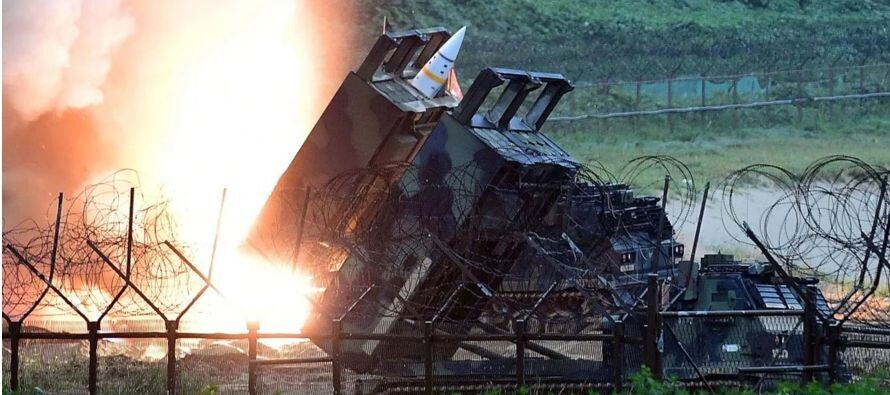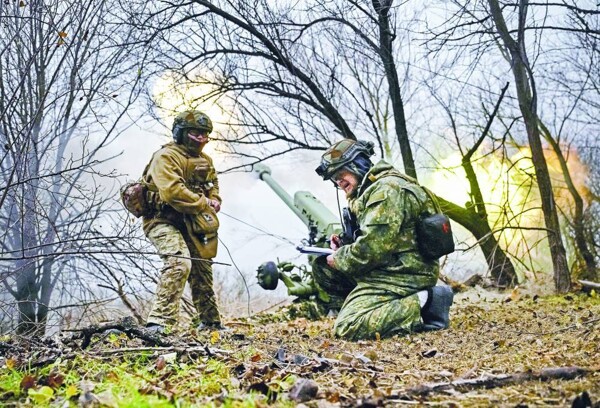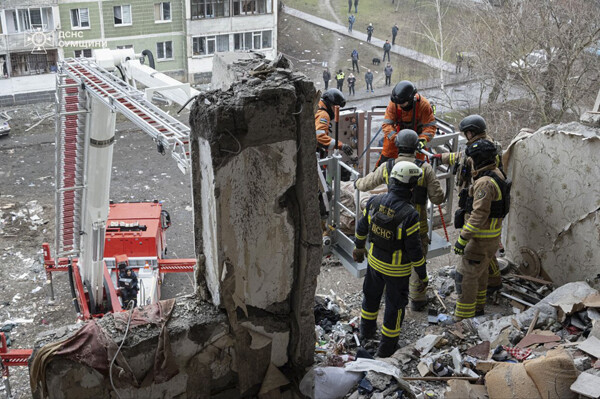
The President of the United States, Joe Biden, has made the decision to allow Ukraine to attack targets within Russia with long-range missiles supplied by the U.S. This action has generated various reactions: from ominous warnings from Moscow to a mild approval from some Western allies. The situation has added a new factor of uncertainty to the war that has been ongoing for 1,000 days.
The response of Ukrainian President Volodymyr Zelenskyy has been measured following this approval that his government had been requesting from Biden for over a year. Some fear that this decision could drastically change the course of the conflict, as warned by Russian President Vladimir Putin in September, mentioning that allowing Ukraine to attack Russia would significantly elevate tensions.
The escalation of violence has intensified amid this news. Recently, a Russian ballistic missile struck a residential area in Sumy, killing several people and injuring dozens. Additionally, in Odesa, other missile attacks resulted in the deaths of at least eight people and injuries to several more. These events have generated criticism and threats from Moscow, which characterizes Biden's action as a step toward a potential large-scale military confrontation.
U.S. officials have reported the relaxation of restrictions for Ukraine to use weaponry supplied by the U.S., although it is unclear what the precise scope of these new guidelines is. Meanwhile, leaders of allied countries such as Lithuania and Estonia, NATO members, have expressed cautious approval regarding Biden's decision, hinting at the importance of not limiting military support to Ukraine at a critical moment in the ongoing war.
Amid this tense situation, the statements and perceptions of multiple political and military actors reflect the seriousness of the moment. Uncertainty about the future development of the conflict prevails, while the facts on the ground and the consequences of military actions speak for themselves, apart from rhetoric and diplomatic postures.













